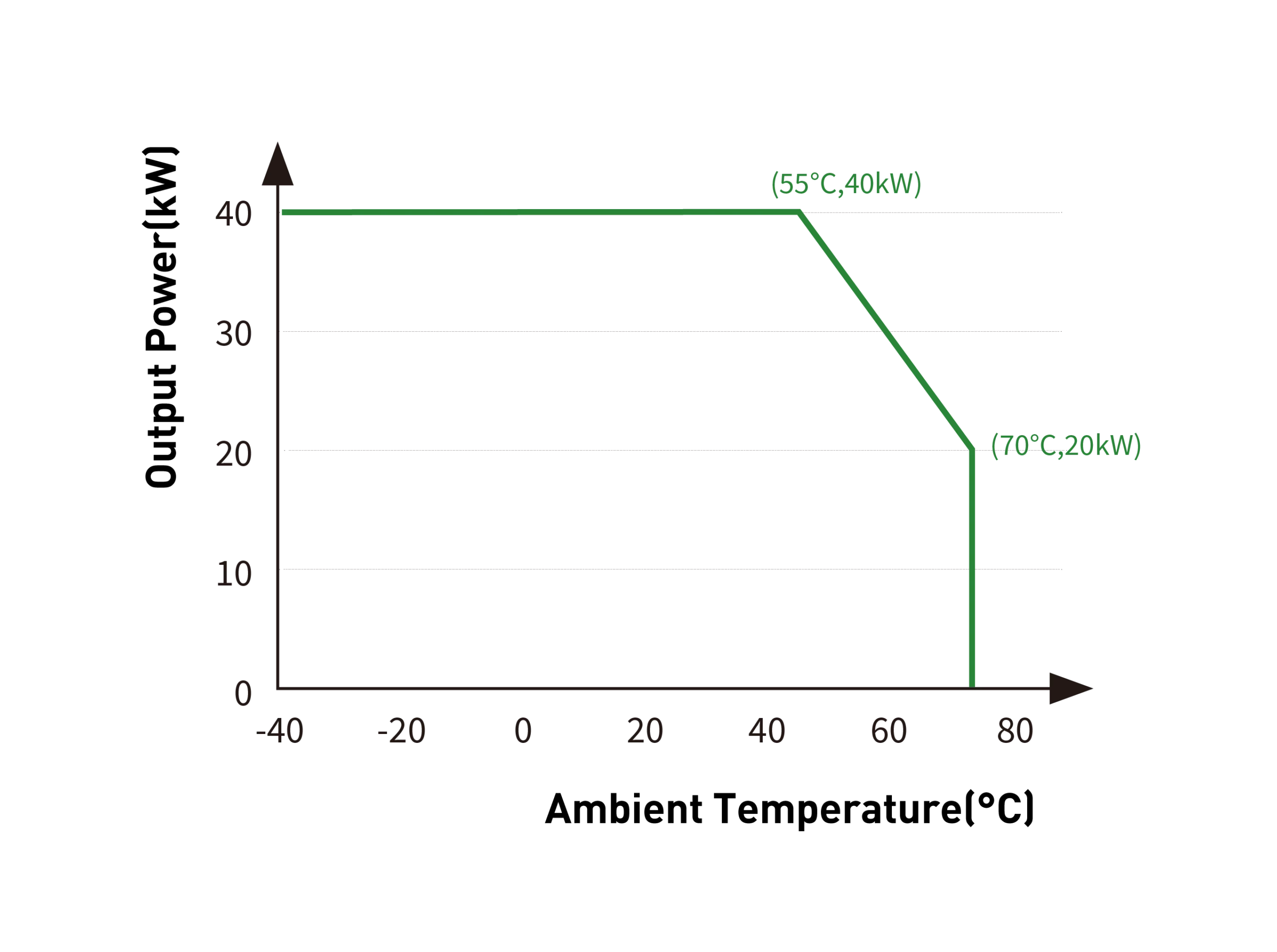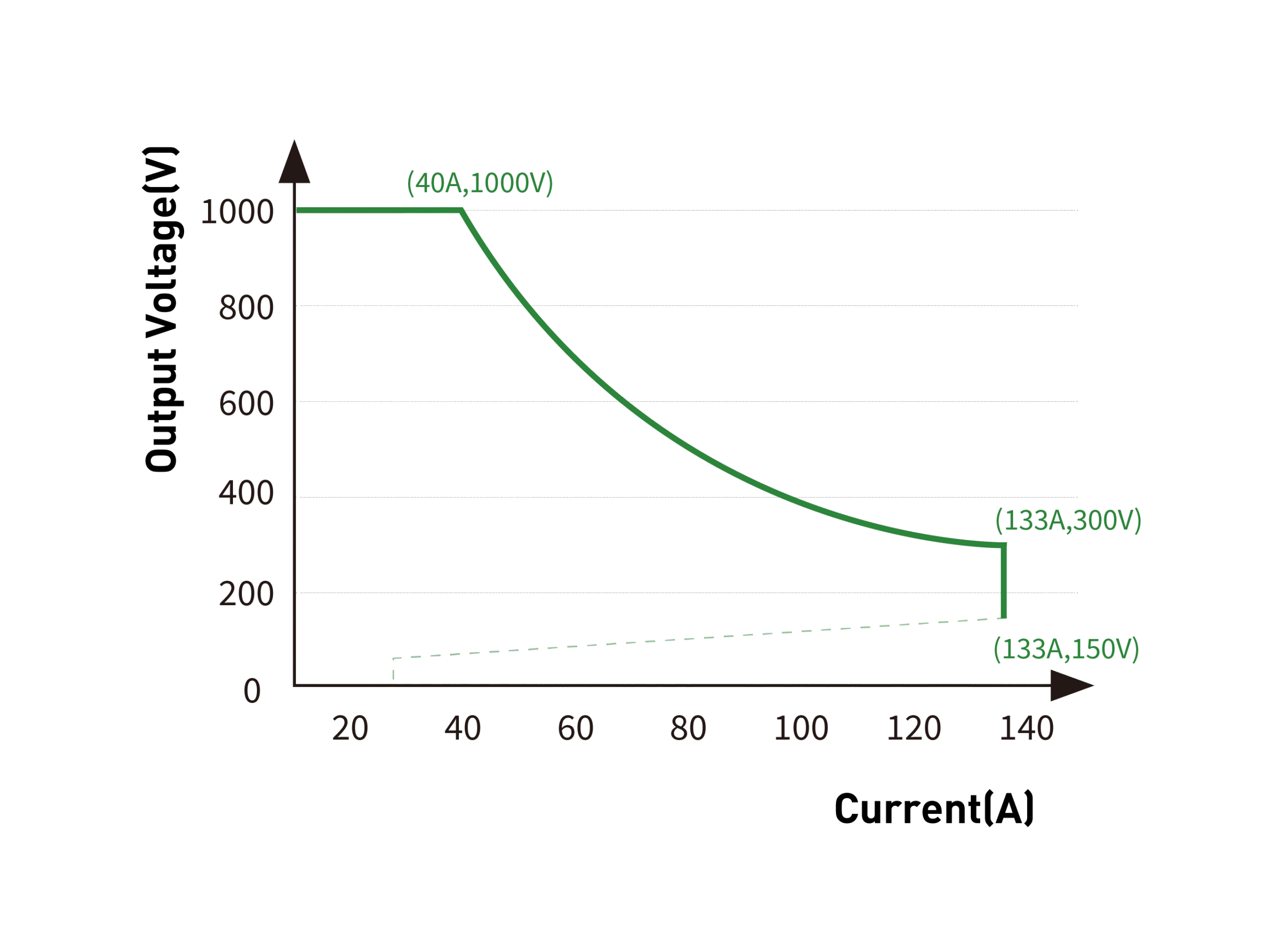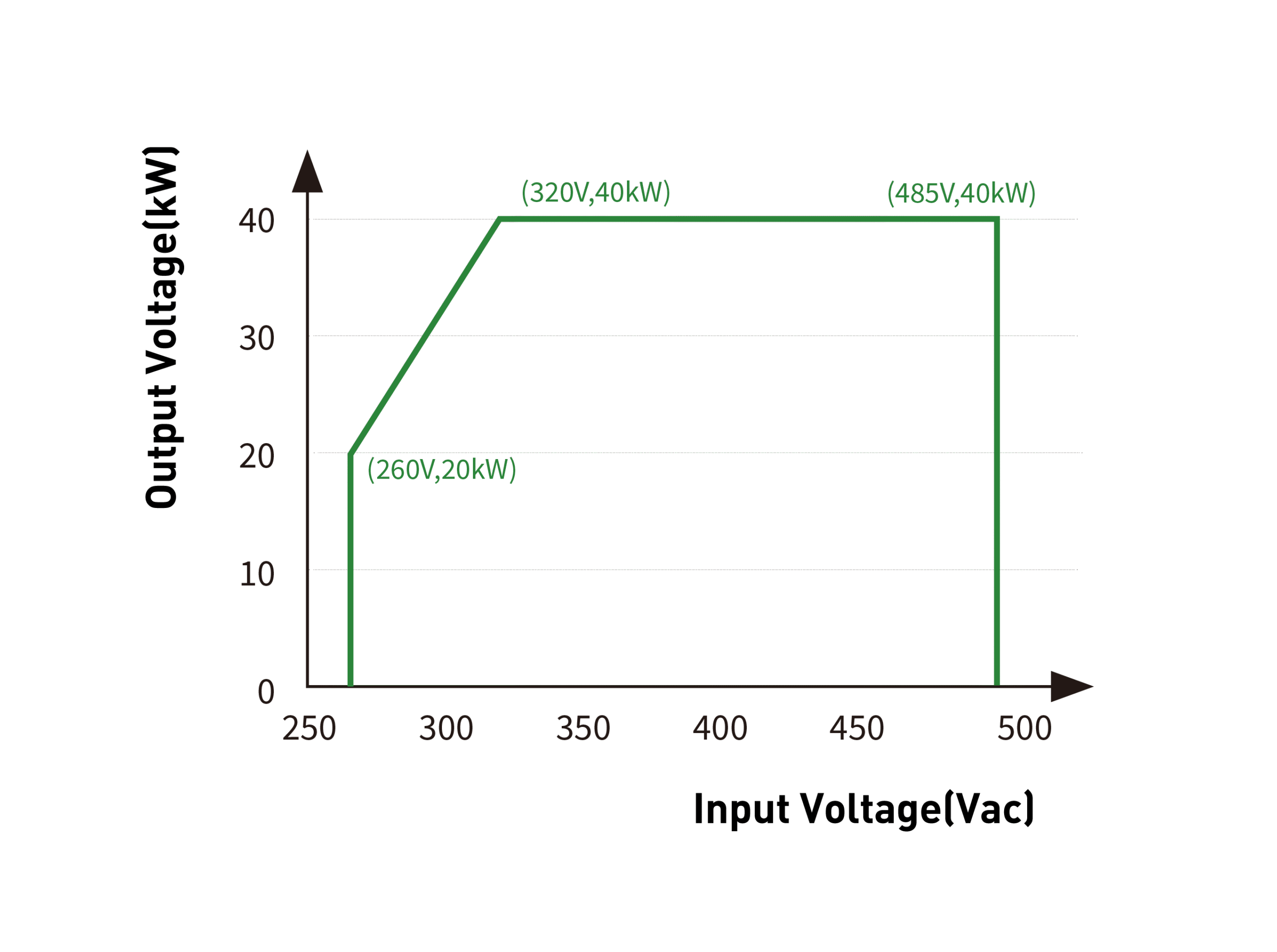شاحن السيارة الكهربائية المحمول >
شاحن السيارة الكهربائية المحمول >













EVB DC Charging Module adopts the world’s leading power technology specially designed for the power conversion equipment of EV charging, with an ultra wide constant power output voltage range. It has the characteristics of active power factor correction, high efficiency, high reliability, intelligent controland attractive appearance; The module adopts intelligent air-cooled heat dissipation technique, with high powerdensity and small space occupation; It has the functions of hot plug and battery back filling protection.
We provide comprehensive after-sales service to ensure reliable operation of charging module and customer satisfaction throughout the product lifecycle
Full load efficiency ≥ 97%; peak efficiency≥97.5%
Adopts DSP control, supports voltage and current adjustment function
Standby power consumption≤ 12w
Adopts potting technique to improve protection level and extend product life span
Convenient for operation, displays voltage, current, group,
protocol, address, manual or automatic and fault information;
Supports low noise mode
| جهد الإدخال | 260VAC~530VAC |
| تردد الإدخال | 55±10Hz |
| Input Current | <80A |
| THD | ≤5% |
| عامل القدرة | Rated output load PF ≥ 0.99 |
| Rated Output | 1000V/40A |
| القدرة المقدرة | 40 كيلو واط |
| Output voltage range | 150V~1000V |
| Output current range | 0~133.3A |
| Voltage stabilized accuracy | ≤±0.5% |
| كفاءة | Peak efficiency>97%, rated efficiency>96% |
| تواصل | CAN |
| Operating temperature | -40°C~70°C,derates from 55°C |
| درجة حرارة التخزين | -40°C~85°C |
| Humidity | ≤95% RH, without condensation |
| Atmospheric pressure/Altitude | 79kPa~106kPa/2000m |
| Acoustic Noise | <65dB |
| البعد | 300*437.5*84(L*W*H mm) |
| وزن | ≤16kg |
Input Voltage: 260VAC~530VAC
Input Frequency: 55±10Hz
Input Current: <80A
THD: ≤5%
Power Factor: Rated output load PF ≥ 0.99
Rated Output: 1000V/40A
Rated Power: 40 كيلو واط
Output voltage range: 150V~1000V
Output current range: 0~133.3A
Voltage stabilized accuracy: ≤±0.5%
Efficiency: Peak efficiency>97%, rated efficiency>96%
Communication: CAN
Operating temperature: -40°C~70°C,derates from 55°C
Storage temperature: -40°C~85°C
Humidity: ≤95% RH, without condensation
Atmospheric pressure/Altitude: 79kPa~106kPa/2000m
Acoustic Noise: <65dB
Dimension: 300*437.5*84(L*W*H mm)
Weight: ≤16kg



من الاستشارة إلى التثبيت، يضمن فريق الخبراء لدينا حلاً شاملاً لشحن المركبات الكهربائية مصممًا خصيصًا لتلبية احتياجاتك.
جميع الحقوق محفوظة © ٢٠٢٥، EVB. مدعوم من beny.